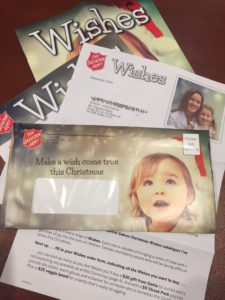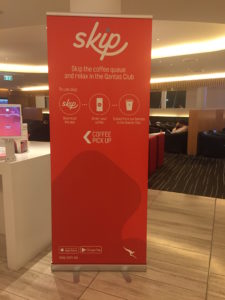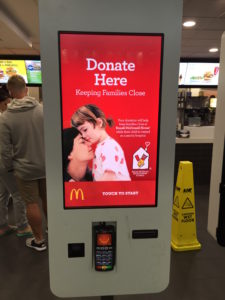No funding to measure outcomes? Seriously?
 I have been on a bit of a soapbox lately about measuring outcomes. Since FundraisingForce is conducting more than 5 concurrent CRM searches for Australian universities and non-profit organisations, I have noted the lack of outcomes measurement across these and other marquis organisations. Additionally, I served as a guest lecturer for both University of Technology Sydney (UTS) and Queensland University of Technology (QUT) where I lectured on the importance of measuring outcomes related to both programs and fundraising.
I have been on a bit of a soapbox lately about measuring outcomes. Since FundraisingForce is conducting more than 5 concurrent CRM searches for Australian universities and non-profit organisations, I have noted the lack of outcomes measurement across these and other marquis organisations. Additionally, I served as a guest lecturer for both University of Technology Sydney (UTS) and Queensland University of Technology (QUT) where I lectured on the importance of measuring outcomes related to both programs and fundraising.
I was alarmed to see a recent study out of the Centre for Social Impact at the University of Western Australia (UWA), which suggests the reason non-profit and social impact organisations do not measure outcomes is a lack of funding for such measurement.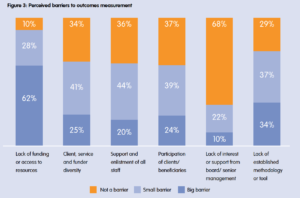
Seriously?
This is problematic for three key reasons:
- Our funders expect we are measuring the impact. So, why aren’t outcomes measurements part of the funding equation at the outset? Further, why wouldn’t funders insist they will not fund a project unless the outcomes are measured?
- How do we expect to get continued (or greater funding) for programs if we cannot demonstrate impact of those programs?
- Our corporate counterparts would not get by telling their shareholders they cannot measure impact of programs because of a lack funding.
Ellie Cooper reported in Pro Bono Australia this last week about the UWA study conducted by the Centre for Social Impact, which suggested 9 out of 10 organisations lack the funding to as a key barrier to measuring the impact of their work.
According to the Centre for Social Impact, “in a resource constrained social system, it is vital that we ensure our capital and capabilities are directed to the right places and purpose – and measurement is key to this understanding”. The Centre goes on to say “Organisations are measuring and reporting what they do and that is to be applauded. Much of what is measured is reporting activity as opposed to outcomes. What we need for a stronger social system in Australia is to better define what it is we measure and why”.
Marc J. Epstein, co-author of a book titled Measuring and Improving Social Impacts: A Guide for Non-Profits, Companies, and Impact Investors, suggested to Forbes Magazine “donors and investors also want the accountability and performance excellence that they expect in the for-profit world. And they want evidence that they’re making a difference. These leaders want more clarity on the objectives, the paths to success, and measures of success. They know that without clear performance measures organisations usually cannot determine whether they have succeeded or failed”.
Which Australian non-profit organisations are measuring impact? What tools are they using to measure impact? Finally, how did they convince leadership the importance of not only funding the programs, but measurement of the program’s objectives?
Perhaps the topic of outcomes measurement is finally picking up steam? I noted recently even Blackbaud has booked in a day-long outcomes online conference. This looks like a great session for many of us to get even more familiar with this important topic. The 30 November session will likely raise the level of the conversation in our nonprofit organisations.




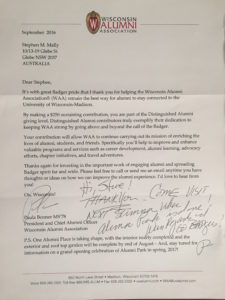

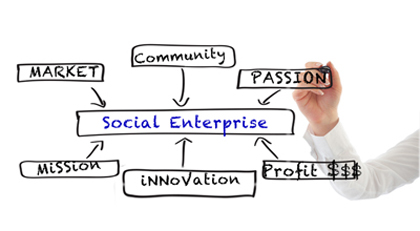 By definition, a social enterprise is an organisation that applies commercial strategies to maximise improvements in human and environmental well-being – this may include maximising social impact alongside profits for external shareholders. Over the last few weeks, I have encountered a couple of social enterprises I believe are worth introduction and worth you visiting.
By definition, a social enterprise is an organisation that applies commercial strategies to maximise improvements in human and environmental well-being – this may include maximising social impact alongside profits for external shareholders. Over the last few weeks, I have encountered a couple of social enterprises I believe are worth introduction and worth you visiting.